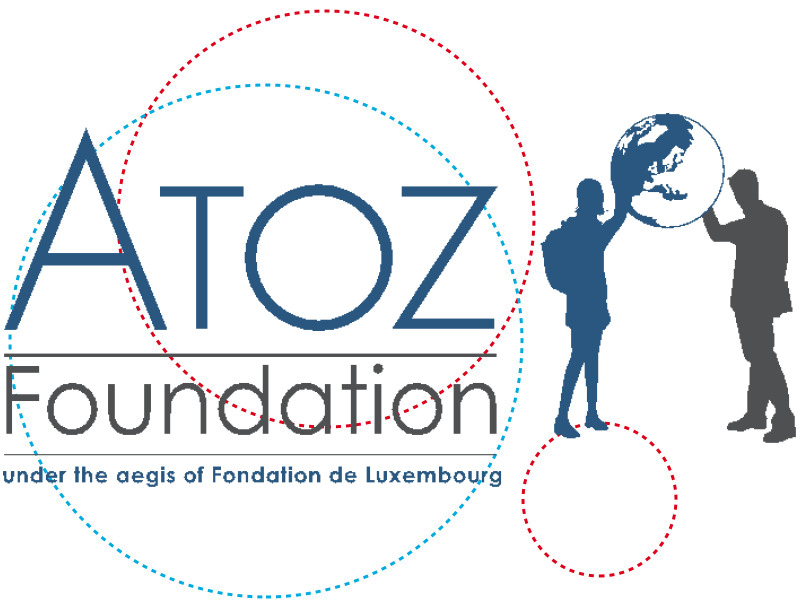Lunchtime seminar series on EU and Luxembourg tax law jurisprudence
This new bi-monthly lunchtime seminar series on EU and Luxembourg tax law jurisprudence aims to contribute to a deeper understanding and appreciation of difficult legal questions arising in the field of taxation as well as bridging the gap between tax practice and academic research.
Abstract
The first seminar will be dedicated to the judgment of the European Court of Justice (ECJ) of 29 April 2021 in case C-480/19, E v. Veronsaajien oikeudenvalvontayksikkö. The case concerns the taxation of income received by a Finnish tax resident from a Luxembourg SICAV. Finnish law led to unfavourable tax treatment of such income compared to that derived from a Finnish investment fund, despite that fact that the SICAV had been constituted in accordance with the UCITS Directive. That case forms part of a series of CJEU cases on the taxation of income arising from investment funds with great relevance to Luxembourg.
In the seminar, Alexandros Politis, PhD researcher under the supervision of Prof. Werner Haslehner, will critically discuss the judgment in light of its specific factual and legal background and in relation to relevant earlier jurisprudence.
Registration
Please click here to register.
Hybrid event
If you want to attend the event in presence, please note that a CoVid Check (3G) is necessary. We would need a digital/paper proof that you
- have received a booster vaccination against COVID-19, or
- have been fully vaccinated against COVID-19 (validity of the certificate: 270 days) , or
- have recovered from a COVID-19 infection (validity of the certificate: 180 days), or
- have a negative PCR test or a negative certified antigen test.

